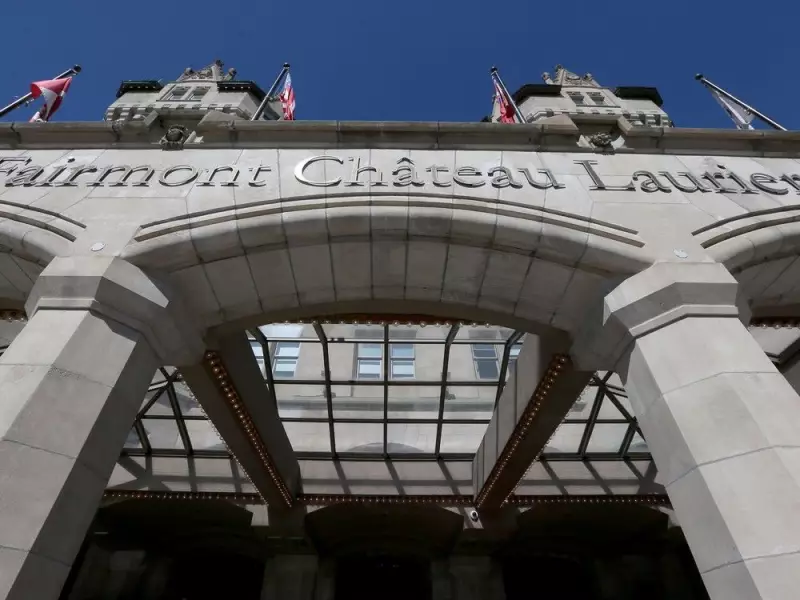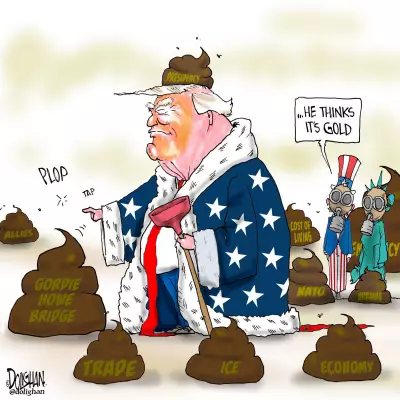
During the darkest days of the Second World War, an unlikely nerve center emerged in the heart of Canada's capital. The Château Laurier hotel became the clandestine headquarters for some of the nation's most crucial wartime operations, housing the brilliant minds tasked with securing Allied victory through economic means.
The Secret Meeting That Changed Everything
One evening in 1940, three men gathered in their temporary home at the prestigious Château Laurier to present a radical solution to their boss, C.D. Howe, Canada's powerful Minister of Munitions and Supply. Henry Borden, a Toronto corporate lawyer; Gordon Scott, a Montreal chartered accountant; and Robert A.C. Henry, who had experience in both business and government, had identified a critical problem: how to purchase essential war materials without alerting the market and driving up prices.
The trio proposed establishing "dummy" companies that would operate far from Ottawa with no visible government ties. These covert operations could discreetly acquire vital resources like silk and rubber that the Allied forces desperately needed for the European campaign. Howe immediately recognized the brilliance of their plan and gave it his full endorsement.
The Birth of Wartime Crown Corporations
This marked the beginning of an unprecedented expansion of Crown corporations in Canada. While not the first such entities in Canadian history, the practice accelerated dramatically during the war years. By 1945, the Department of Munitions and Supply alone had established 28 arm's-length enterprises that operated with remarkable efficiency and minimal bureaucratic interference.
As historian and author Allan Levine explains, "It was all done by orders in council — that's the key to this whole story. It was war, the War Measures Act was on, and Howe gave these guys a lot of leeway. If they wanted something done, they just drew up the order in council, it was sent to Howe, and he made sure that King signed it — and it was away we go."
Canada's Elite Wartime Force
When war erupted in Europe, Prime Minister William Lyon Mackenzie King and C.D. Howe realized Canada lacked the capacity to provide Britain with necessary support. Howe believed only a team of skilled businessmen could move quickly enough to meet the enormous challenges ahead.
He assembled what became known as the "dollar-a-year men" — top professionals from the private sector who worked for symbolic payment. At the height of the war, as many as one hundred of Howe's recruits lived and worked out of the Château Laurier, transforming the elegant hotel into a bustling center of wartime strategy and operations.
Amid the hotel's hat-check girls, elevator operators, and bellboys with their distinctive "singsong piping voices," these men orchestrated remarkable achievements that changed the course of the war. Their covert operations included supplying the United States with enriched uranium from the Northwest Territories, some of which was used in the Hiroshima atomic blast, and developing synthetic rubber production in Sarnia, Ontario, to replace supplies cut off by Japan's conquests in the Pacific.
The Château Laurier's transformation from luxury hotel to wartime command center represents one of Canada's most significant yet underappreciated contributions to the Allied victory. Through innovative economic strategies and discreet operations, Howe's team operating from this Ottawa landmark helped secure the resources needed to win the Second World War.





